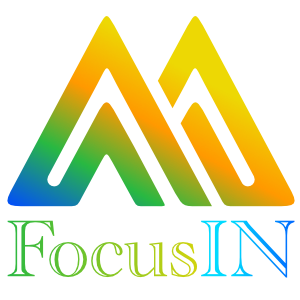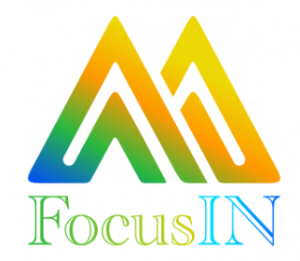I have never been practising higher level of the Computer Science that in my opinion is higher level of math , notably the excel algorithm my son is studying at the 11th grade . But the other day when my son came over to me looking rather dejected, I thought I would give it a try. Always an ace at his high British School work, this time he was having difficulty and really needed some assistance.
Each of the problems in his assigned exercise was composed of two equations, each with two unknown variables of an “x” and a “y”.
My son had spent time working on these problems only to come up with incorrect answers. He was trying and trying ,and at this point his forehead was knotted in deep concentration and frustration.
Computers Science and Informatics in general had never been one of my favourite subjects, so I wasn’t very confident that I could help. But when a child comes to you looking and feeling so discouraged, you put aside your insecurities, roll up your sleeves and get to work, albeit somewhat hesitantly.
We began tackling the first problem. Fortunately,my memory jogged. It was like getting onto a bicycle after not riding for years. At first you feel a little wobbly and uncertain, but then the skill kicks in and you’re riding confidently.
One at a time, we worked through each equation. On closer observation, I could see that my son generally understood the necessary skills. Most of his errors had actually been quite minor,merely careless computation.
Once he saw where he had gone off track, my son gained the self-assurance to proceed independently, and before long, the task was completed. The previous lines of tension on his face were replaced with a radiant smile, expressing relief and gratitude.
Working on those complex problems sharpened more than just my informatic skills. I discovered some essential yet basic principles that can be applied to life.
Life is full of equations. We confront a new set of equations at every change in our circumstances, at every new stage of our maturation. Each equation communicates to us what, at that point, is our relationship with ourselves, our world, and one another.
But every stage of life has unknowns. Our challenge is to figure out these unknown variables, so that we find the solutions that make our lives correct and true.
The lessons I learned from my son’s computer science exercise are:
First: Tackle only one problem at a time.Otherwise, the load becomes too great to bear and you risk capitulating out of frustration or defeat.
Second: Isolate the problem or the unknown, and you will have taken the first step on the road to your solution. On the other hand, if you combine all the unknowns, the equation becomes impossible to solve.
Third: we all make miscalculations. Realize the difficulty in finding the flaws in your own work. It may take the eye of experience or wisdom or objectivity to determine where you are making a mistake. Be big enough to seek help in discovering your errors.
In conclusion, human life is like a math. We all want to have the right answer at the end but for that we need to know what to add, where to subtract, how to multiply and when to divide. A small mistake can lead not only to an unexpected answer but also will not give you a chance to undo the wrong step. So we need to be careful while solving our maths and very complex life.





